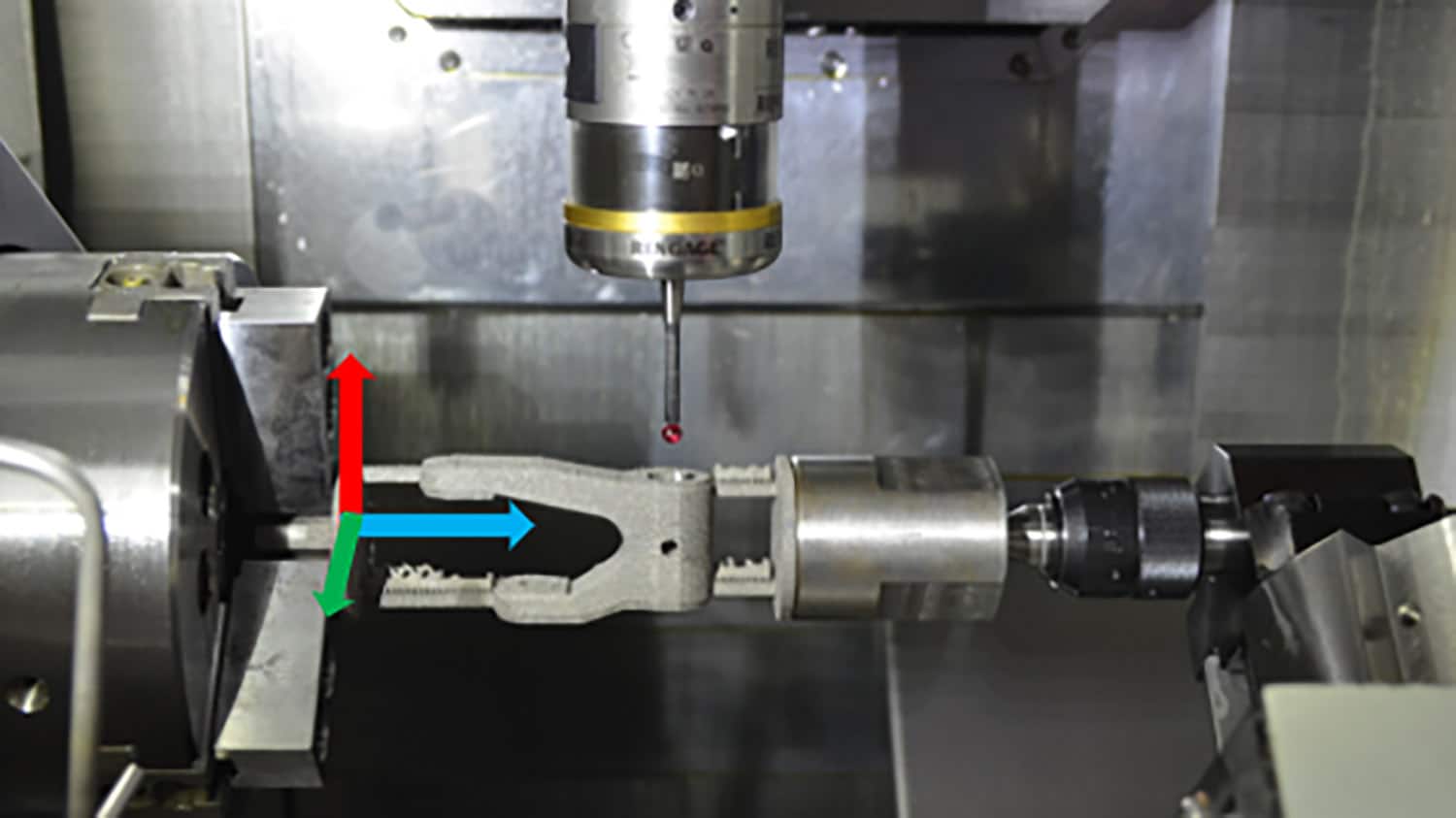
From stores and movie theatres to banks and airlines, the service industry has undergone a massive digital transformation in recent years to better serve customers – a shift that gathered further speed during COVID-19.
But the same can’t always be said of the health-care sector.
That’s something the University of Toronto’s Emily Seto wants to change – which is why she’s launched a research study to help speed the transition.
“I don’t think anyone would argue that our health and health care are one of the most important aspects of our lives,” says Seto, associate professor at the Dalla Lana School of Public Health’s Institute of Health Policy, Management and Evaluation (IHPME) and a member of the Centre for Global eHealth Innovation and the Techna Institute, both based at the University Health Network. “So, it’s ironic that the health-care sector has been so much slower than other service sectors to use digital technology in changing how it cares for people.”
Keeping people who live with chronic conditions from having to make repeated trips to the hospital is one of Seto’s goals – and she says “virtual care” can help.
“People with conditions like heart disease and chronic obstructive pulmonary disease (COPD) will often be hospitalized to treat their condition – then they will be discharged, only to return to the hospital when they get sick again,” she says.
“This isn’t good for the patient and it creates a huge cost to the health-care system that I think can be avoided with a different model.”
In 2020, Seto was awarded $1.2 million from the Canadian Institutes of Health Research (CIHR) to research and test a project called the SMaRT (Safe, Managed and Responsive Transitions) Clinic.








